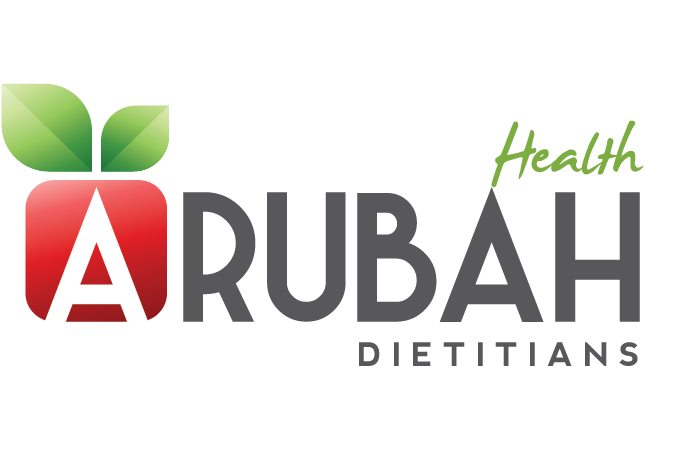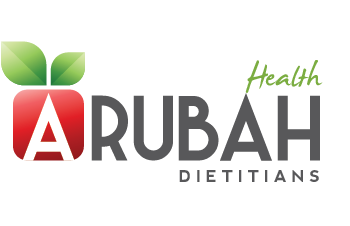Food is very important to us in our daily lives. Food is social and it is powerful, it brings people together, but we also require it for survival. The problem is, there is so much information and misinformation about food which means everyone has their own opinion about what is best for them – whether it be true or not.
For something that has such an influence on our lives, we need highly qualified people, who understand food and its role in the body to help navigate through the misinformation and actually provide the most accurate information for what is best for you and your health. This is what a Dietitian does.
To be a Dietitian, you must have a university qualification in which you studied for at least 4 years. We are trained to understand how food can contribute to a person’s physical and mental health. We can treat common conditions, such as diabetes, kidney disease, gut issues, high cholesterol, high blood pressure and more, with dietary modifications, which we usually do in combination with the medical advice provided by your doctor or other allied health professional. All information we provide must be scientifically evidence based for it to meet the requirements of our governing body, Dietitians Australia (DA), and due to the stricter requirements of DA and its ability to provide official accreditation, Dietitians as recognised as allied health practitioners in hospitals and aged care facilities. We use a multidisciplinary approach, working as a team with other mainstream health professionals so that we can take a holistic approach to your care taking into consideration all the different aspect of you as a person. Your food intake, health and weight status are greatly influenced by so many different things in life whether it be your age, your mental health, your mobility, other health conditions or just down to your food preferences. This is why we work in teams so that we can get the most ideal outcome for you (that’s if you follow our advice).
So how does this differ from a nutritionist?
Anyone can call themselves a nutritionist, even if they have only done a 2-day training course! Dietitians can call themselves nutritionists, but nutritionist cannot take the title of Dietitian and some nutritionists can also have done a 3-year degree at university. There are a lot of people who can go by this title, whether they have done tertiary qualifications or not, this is because nutritionists aren’t properly governed by a registered body. For this reason, nutritionists aren’t qualified to provide advice for people who have chronic health conditions, they can only provide advice to people who would fit into the ‘healthy population’. Therefore, it’s important if you ever see a nutritionist to check their level of qualification and know that the advice they provide is often only suitable for the healthy population (unless they are also a qualified Dietitian).
What about naturopathy?
Naturopaths are part of the complimentary or alternative medicine approach. To be a naturopath you either have to complete at least a Diploma or a 3-year degree in Naturopathy. Naturopaths are also governed by a few different registered bodies; however, this is more loosely regulated than DA and none of these bodies can provide official accreditation. There is research that goes into naturopathic medicine; however, it is often limited and many (but not all) naturopaths use anecdotal or non-evidence-based practices to tailor treatments to their clients. This is risky as it usually involves placing people on strict diets that aren’t necessary or properly followed through or they recommend the use of natural products that have no scientific evidence or standing behind them. Naturopaths aren’t qualified to provide advice on chronic health conditions and should really only be seen by those is in the ‘healthy population’. Some naturopaths do follow the naturopathic evidence out there and these practitioners do provide a valuable alternative/complimentary medicine service for those people who would prefer that approach and there are also naturopaths who are Dietitian qualified. If you see a naturopath, it is always important to ask whether the information or recommendations they are providing you, do have scientific evidence backing them otherwise you could end up spending money and time doing something that won’t work or may work but could be more extreme/restrictive than it needs to be.
The bottom line…..
Obviously as Dietitians we are biased and think you should see us! If not seeing a Dietitian, we would always recommend finding out your practitioners’ level of skill and qualifications and making sure the information they provide you is always evidenced based. If you have a chronic health condition, we would only recommend seeing a Dietitian as they are the only profession qualified in medical nutrition therapy.









